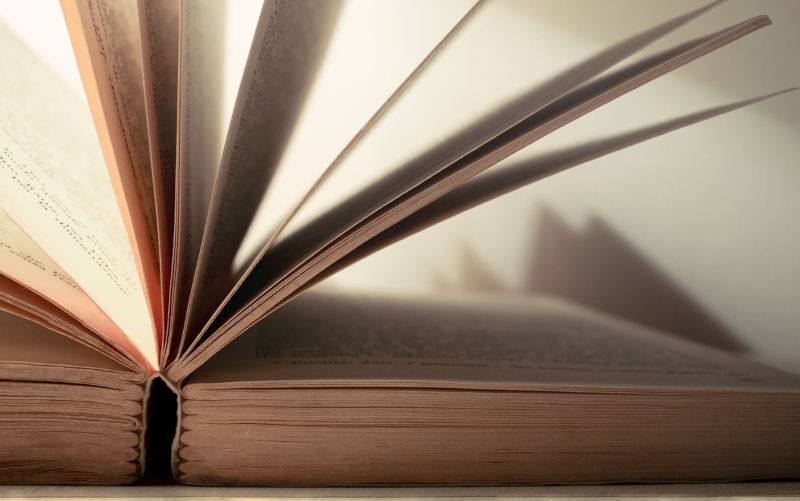Samah Sabawi – Cactus Pear for My Beloved
May 14, 2025
This 2024 Penguin publication is a highly personal account of the history of Palestinian dispossession.
Samah Sabawi tells the story of her parents and grandparents set against the background of the oppression and exile of generations. In some places the context might not be so important, but in Palestine it is inescapable.
Central to the story is Samah’s father Abdul Karim (“worshipper of the generous God”), who became an important poet before being forced to flee fearing for his life. It begins with Karim’s father “the sheikh”, who was unable to walk, and in order to be useful taught himself to read and write. Literacy was a rare skill and men would gather to hear the sheikh read the newspaper and they then discussed the important issues of the day. He told them of the resistance to British rule led by Gandhi in India and they dreamed of a similar movement in Palestine.
When the British wanted to end their occupation of Palestine, they organised the United Nations mandate creating a limited homeland for Jewish Europeans. It was a very few years before the first expansions and incursions began. The family fled to the Gaza Strip but returned to their homes when they thought it safe.
Unfortunately, there followed the years of catastrophes, the week-long war and the suffocating expansion of Israel. The Palestinian people believed for a time that Egypt might have become their saviour, but were soon disillusioned. Most attempts at resistance were soon suppressed.
Karim, at one point, thought that he might attend university in Cairo, but was defeated by bureaucracy and the ill-defined status of his people. Although he was clearly not a refugee at that stage, he was told “no country, no government, no passport, no visa”.
The sheikh’s school or kottab stimulated thought and passed on the wisdom of ancient cultures. Karim’s newspaper editor returned from a conference in Russia with a dire observation. He said that in the West, the dominant class gives you freedom, but takes your bread. In the Eastern bloc they give you bread, but take your freedom. In the Third World, they take our bread and our freedom.
Karim was prodigious and amazed his teachers with his ability to recite epic poems at an early age. Then he wrote his own poems expressing his personal anguish and that of his country and its people. His first poem in exile concerns extinction and includes some poignant lines:
‘The Bulldozers were here
The Bulldozers were here
And the houses in our city
Were devoured by the monstrous teeth
………………………….
So carry your children
Your memories
And follow me
We can live in the pages of history
…………………….
Does anyone in the world care?
Does anyone care?
What is it worth
To be an Arab
A native American …
Or a dinosaur?’
Most importantly, this book shows the importance of family to Palestinians. The Sabawi family support each other through various crises, share the joys and sorrows of daily life and experience difficulties growing up and learning to survive. Our shared humanity is clear when we read of Karim’s respect for his parents and his exceptional love for his wife Souhailah for whom he would patiently remove the spikes from a cactus pear.
Samah Sabawi will be an important speaker at the Sydney Writers Festival. It is likely that the organisers are enduring criticism for providing a platform for a teller of such inconvenient truths. Although the ethnic cleansing of Palestine rated hardly a mention during the 2025 federal election campaign, the returned Labor Government has claimed a mandate for its approach to the question.
As our government is unlikely to lead the movement against the slaughter of children and the hollowing out of the population of Palestine, people of goodwill must rely on writers like Samah Sabawi to remain informed about the extent of the collective punishment that has accelerated in recent years. We must do what we can to stop this looming extinction.


